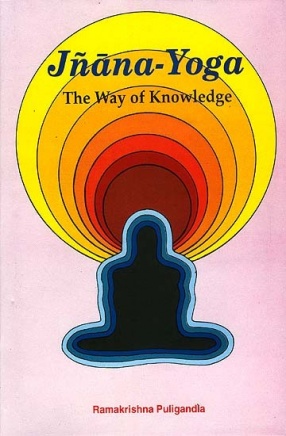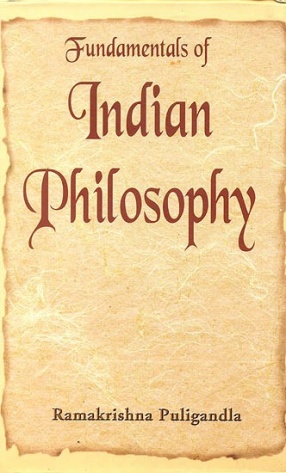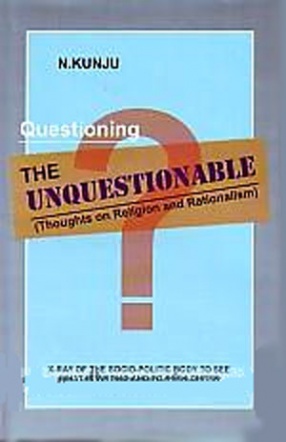Jnana-yoga or "The Path of Knowledge" is one of the four central paths to knowledge of man and the world and realization of the ultimate reality as obtained in the ancient religious and philosophical traditions of India. It is the way of overcoming doubt through the exercise and development of the buddhi (the discriminative intellect). The roots of this tradition are traced to the glorious Upanisads; and the earliest Jnana-yogis are none other than the Upanisadic rsis themselves. In this book, the author presents the fundamental insights of Jnana-Yoga based upon the teachings of two of the most prominent Jnana yogis – Sankara, the Hindu Philosopher, poet and mystic and Nagarjuna, the Buddhist philosopher and patriarh.
A result of Prof. Puligandla’s theoretical and experimental study of their teachings for over three decades, the book systematically discusses in clear and unambiguous terms three central principles of Jnana-yoga, namely, the Principle of Superimpisition; the Principle of Dependent Origination; and the Principle of Two Truths. The broad-based approach of this work is evident in many ways as, for instance, in its use of the principles of modern science to illustrate the ideas of Jnana-yoga and discussion of concepts of the western philosophical tradition as well.
The book would immensely aid scholars of religious-philosophical traditions as well as students studying Indian traditional systems of thought.








There are no reviews yet.